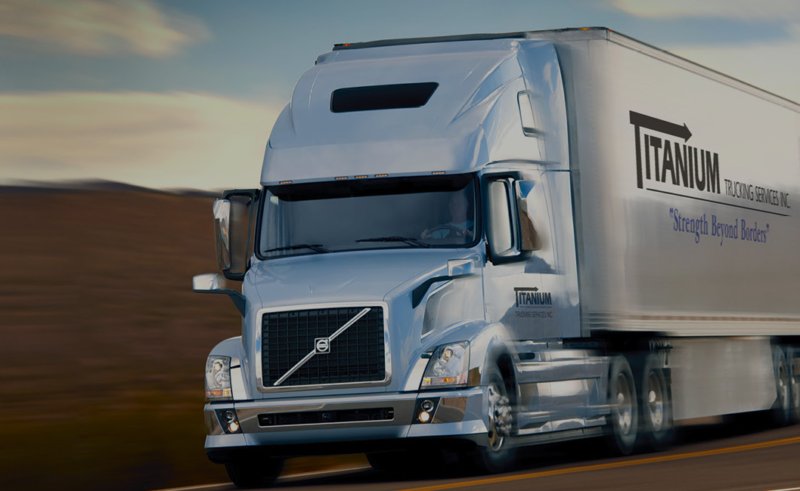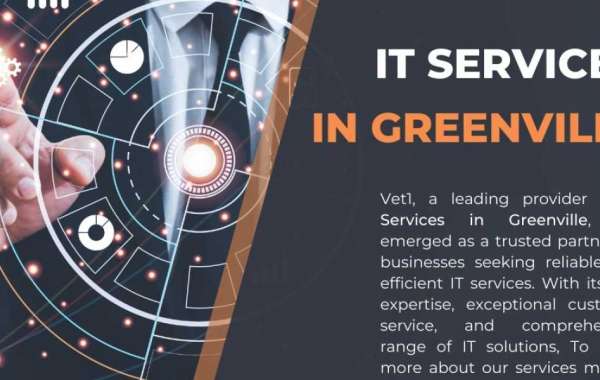Introduction:
The Importance of Transportation:
Challenges in Transportation:
The logistics industry also confronts challenges such as inefficient routing, warehousing, and last-mile delivery problems. These issues can lead to delayed shipments, dissatisfied customers, and increased operational expenses. Additionally, supply chain disruptions, natural disasters, and unforeseen events can impact transportation networks, affecting businesses and communities worldwide.
Innovative Transportation Solutions:
Fortunately, advancements in technology and innovative approaches are revolutionizing the transportation landscape. Smart cities are integrating data-driven solutions to optimize traffic flow, manage parking efficiently, and reduce congestion. Intelligent transportation systems (ITS) utilize real-time data and AI algorithms to enhance safety and efficiency on roadways. Connected vehicles communicate with each other and with roadside infrastructure, promoting smoother traffic and reducing accidents.


The electrification of transportation is gaining momentum, with electric cars, buses, and bikes becoming increasingly popular. Electric vehicles (EVs) reduce greenhouse gas emissions, providing a cleaner and more sustainable mode of transportation. Furthermore, the development of autonomous vehicles promises to revolutionize the industry, making transportation safer, more accessible, and efficient.
In the logistics sector, supply chain management systems powered by AI and blockchain technology are streamlining operations, providing real-time visibility, and optimizing routes for cost-effective and eco-friendly deliveries. Drones are also being explored for last-mile deliveries, especially in remote or hard-to-reach areas, offering faster and more flexible shipment options.
Sustainable Transportation Initiatives:
Recognizing the urgency of reducing the transportation sector's environmental impact, governments, businesses, and individuals are embracing sustainable transportation initiatives. Public transportation systems are expanding and being modernized, encouraging people to shift from private vehicles to buses, trains, and subways. Additionally, bike-sharing programs and pedestrian-friendly infrastructure are becoming popular in urban centers, promoting eco-friendly commuting options.
Promoting the use of EVs is another critical aspect of sustainable transportation. Governments worldwide are offering incentives such as tax credits and rebates to encourage consumers to adopt electric vehicles. Charging infrastructure is also being rapidly expanded to support the growing EV fleet.
Furthermore, there is a rising trend in using renewable energy sources to power transportation. Solar-powered charging stations, biofuels, and hydrogen fuel cells are being explored as alternatives to fossil fuels, reducing carbon emissions and promoting cleaner transportation.
Conclusion:
Transportation continues to evolve, driven by technology, sustainability goals, and the ever-changing needs of society. The future of transportation holds exciting prospects, with autonomous vehicles, hyperloop technology, and eco-friendly alternatives shaping the way we move. As we embrace innovation and sustainable practices, we can build a transportation system that not only caters to our needs but also safeguards the planet for generations to come. By working collaboratively and investing in cutting-edge solutions, we can create a world where transportation becomes a catalyst for progress and prosperity








